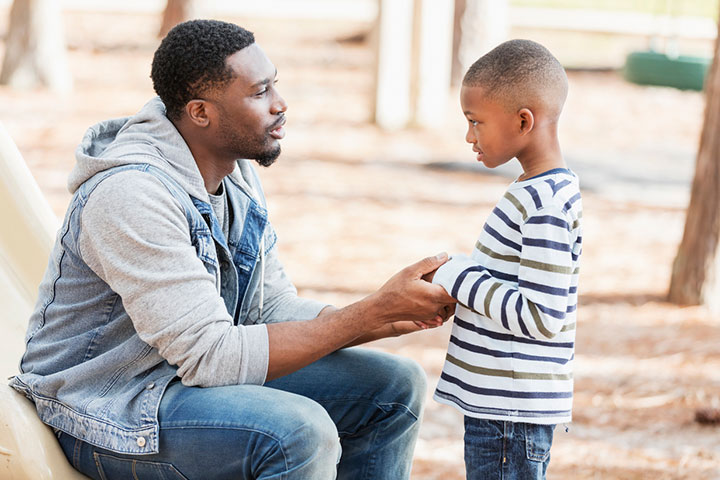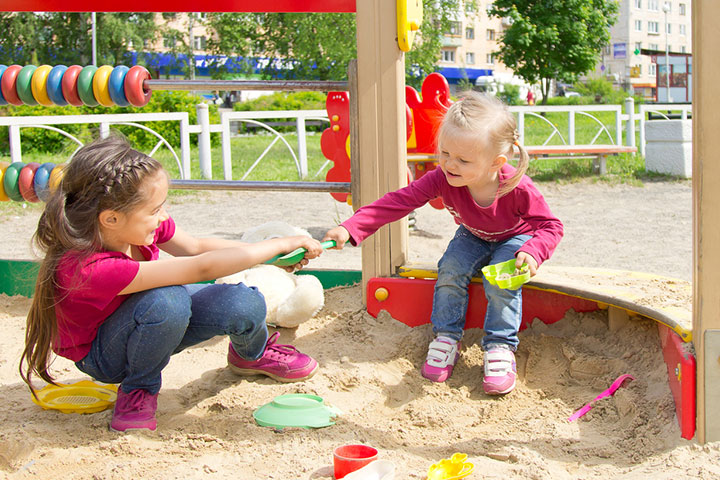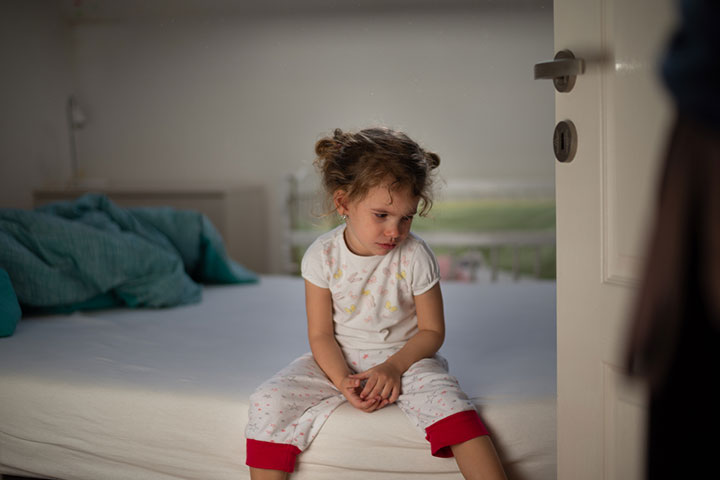
Image: iStock
So, the blissful newborn days are over and now your baby is more than capable of moving around, knocking things over and yelling at the top of their lungs. Welcome to the next stage of parenthood where tantrums are the norm of the day. But just because your child is going through major developmental changes, rapid growth and some behavioral issues does not make them a monster. It just makes them a child in need of some guidance and a whole lot of love. But that is easier said than done. The last thing you want to do at the end of the day is deal with another meltdown. So how do you make sure that the terrible twos era is survivable and short lived? If you want a few tricks on how to deal with your unhinged little one, then you’ve come to the right place. Keep reading!
1. Be Consistent With Your Kids
Your kids at this age want your attention and will do anything to get it. But they won’t need to do outrageous things to earn it if you are consistent with the love, care and routine you establish in your household. It’s important to acknowledge them and encourage them when they’ve exhibited good behavior and discourage their bad behavior in a way that isn’t a form of physical punishment. Ensuring that you are consistent with your responses will teach your child what you expect of them and also how they must behave in order to garner your favor. As they get older they will realize that these actions are simply the socially acceptable way of doing things and they will continue this learned behavior.
2. Be Straightforward With Your Troublemakers
Let’s be honest, every parent has tried and failed to reason with a 2 year old. It just can’t be done and that’s mostly because they don’t understand how to reason yet. So instead of making empty vague threats when they act out or trying to come up with some barter system, be straightforward with them. Tell them what you expect and how the actions they are doing are going against the kind of behavior you allow. Then go on to tell them the very real consequences they will face if the behavior continues. If your child doesn’t seem to understand why what they are doing is wrong, then take the time to explain it to them in simple terms.
3. Get Ready To Distract Your Child
Sometimes kids can get fixated on things or doing something specific for no reason at all. And all they need is a little push in another direction to snap out of it. So if your little one is all worked up over a toy they can’t have or something they are not allowed to do, simply redirect their attention to something else before their meltdown starts. But if your sneaking little distraction game doesn’t do the trick, then let your kid cry it out and try again after they’ve calmed down. Sometimes the best thing you can do for your kids is to just let them have their moment and then suggest moving on after their emotions have leveled out again. Your child being frustrated and sad doesn’t mean that you cave in. just be patient before you move them along.
4. Set Limits With Positive Discipline
We have been raised to view discipline as something that is tedious and negative in nature. But did you know that positive discipline can exist? You do this by positively reinforcing your child behavior, that is, teaching them good behavior and then praising them whenever they exhibit it. If your child disobeys you, simply be firm and give them a consequence that will impact them. For example, if they are on a playdate and acting out, tell them that you will take away their favorite toy if they don’t behave well. Once they switch their behavior, immediately acknowledge this and praise them.
5. Use A Time Out When Needed
No matter what trick you employ, sometimes kids can just find a way to get on your nerves until you explode. Which is why it’s a good idea to ask for a time out, not only for them but for you. If your child is being extremely emotional and starting to act out due to anger, simply ask them to step back and go to their room or another safe space until they have calmed down enough to talk. You can especially do this if your child is particularly violent while upset. This will teach them to use their words and not their fists.
Dealing with a tiny tot is no walk in the park. Especially when they can start throwing a tantrum in one in a matter of moments because of just about anything. So make sure to use our tips and learn to be patient with yourself and your little one as you figure out this new phase together!
















